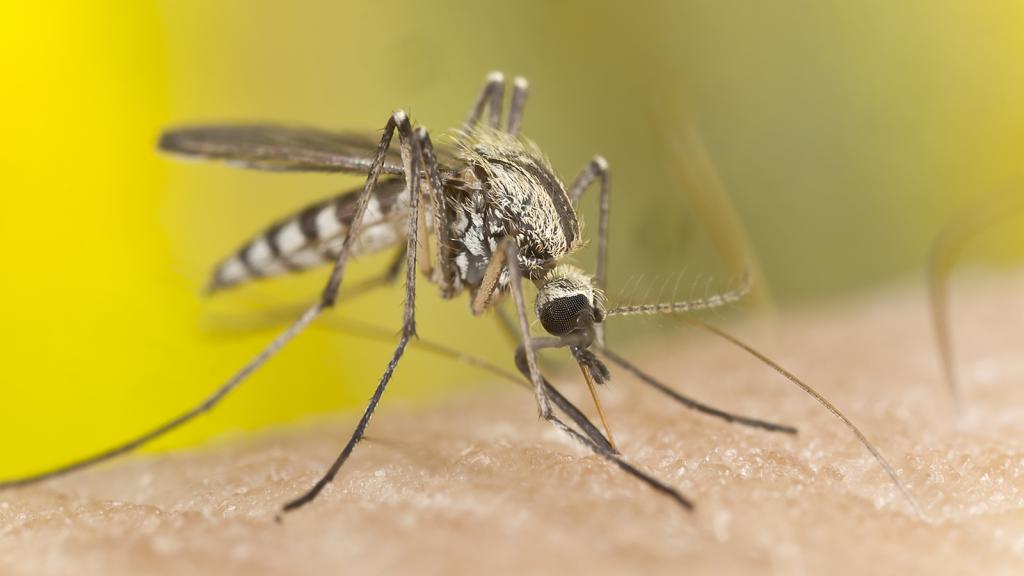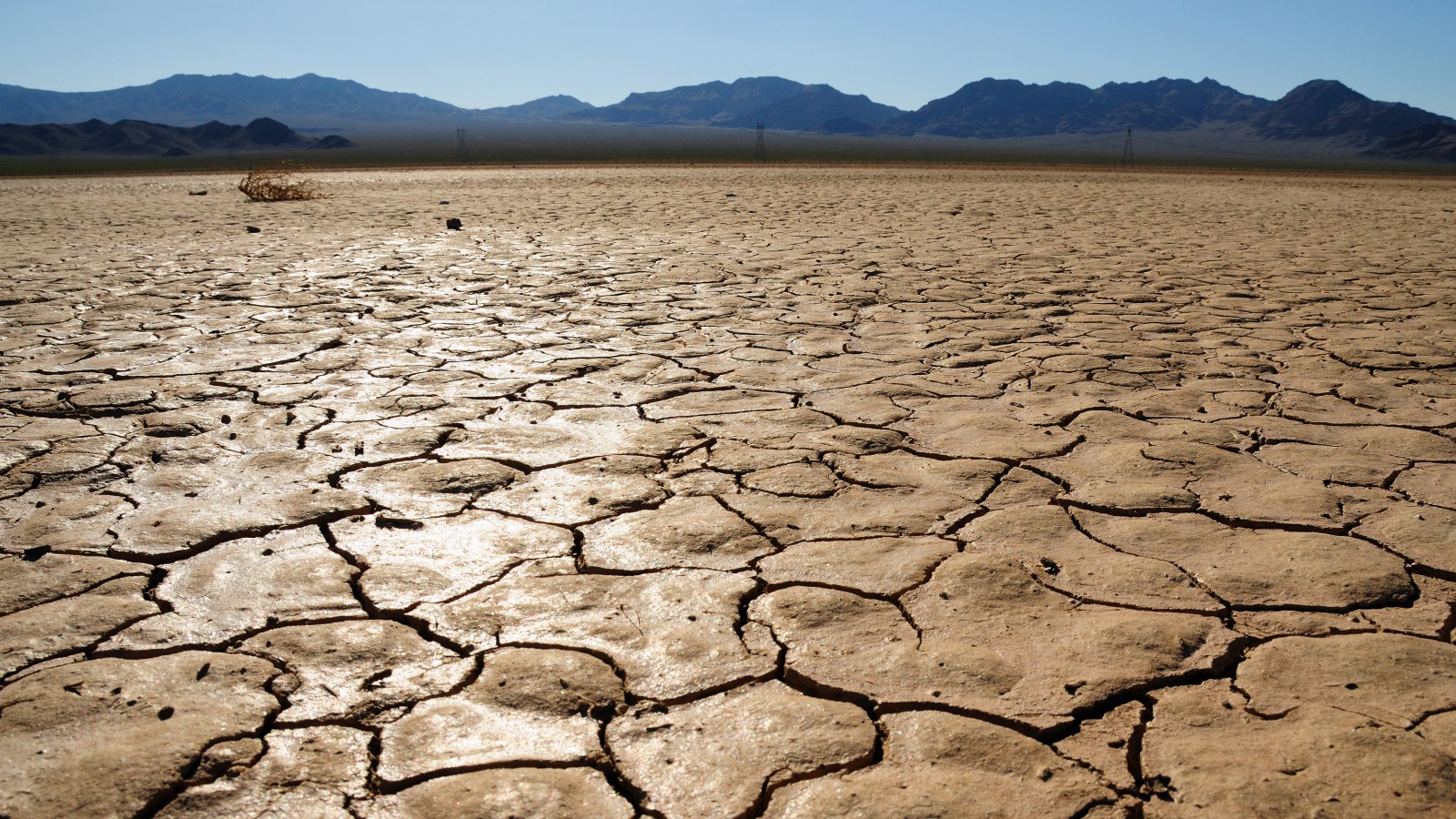Not to make you do math on a Friday or anything, NotÂ
[protected-iframe id=”96da3665e2632bad1178530e8c1ed910-5104299-80108757″ info=”//giphy.com/embed/BXNLdlgVawjUA” width=”480″ height=”269″ frameborder=”0″ class=”giphy-embed” allowfullscreen=””]
Now, before you grab a pencil and paper, some context: A new report from the World Energy Council says that we’re heading for a global water crisis, and we need to improve the resiliency of our energy infrastructure by, among other things: better understanding the water footprints of coal, gas, nuclear, hydropower, and other renewable energy sources and thus better understanding the risks of investing in certain types of future energy infrastructure.
The report points to a recent warning from the U.N. that dwindling water reserves might only be able to meet 60 percent of global water demand by 2030 — meaning that by the time today’s infants grow into pimply bags of hormones, the world could be a serious water crisis. And since power generation is second only to agriculture in global water consumption, that could translate into a serious energy crisis.
Just how serious became clear when researchers reported in a recent study published in Nature Climate Change that hydropower and thermoelectric power provide about 98 percent of the world’s electricity, and both rely heavily on water. That means, the researchers report, that more than 60 percent of the 24,515 hydropower plants they studied and more than 80 percent of the 1,427 thermoelectric power plants they studied could show reduced capacity between 2040 and 2069.
Still, some experts say that couching this as a global issue might not make sense. Kate Brauman, lead scientist for the Global Water Initiative at the University of Minnesota’s Institute on the Environment, for example, told ClimateWire* that she didn’t think we were facing a worldwide crisis:
“There are places where we’re using all or nearly all of our available water, but those are localized places on the globe,” she said. “So by the end of the day, to say something like, on a global scale, we’re using more water than we have or we’re running out of water” doesn’t paint the situation correctly.
Indeed, plenty of people are already mired in pretty serious water crises. Venezuela, for example, is about to enter a mandatory one-week vacation because a water shortage is making it hard for the country to meet energy demands. So for them and others around the world, this dire warning from the World Energy Council might elicit nothing more than a “So what else is new?”
And besides, Brauman pointed out, as cities grow and “densify” — which they are — they tend to improve their water efficiency by updating leaky infrastructure and lowering overall per capita water use.
What’s more, ClimateWire reports, we don’t actually have a firm grasp on how much water we’re consuming, because a lot of what we think we’re consuming actually just goes right back into the water cycle:
For example, a power plant that uses water to cool its condensers might pull water from a river, run it through the plant and release that same water back into the river. The water leaving the plant is warmer, but it still re-enters the river.
Power plants account for almost 80 percent of withdrawals in the United States, but in terms of consumption, their impact is much smaller, said Jerad Bales, the chief scientist for water at the U.S. Geological Survey. Currently, we don’t have good information on consumptive use, said Bales.
“That’s a hard number to get,” he said.
So the World Energy Council is probably right — we should get a firmer grasp on the water footprints of our energy sources and plan accordingly. But as for how screwed we are? Maybe not even one Stacey Dash — at least not as a globe.
*Correction: An earlier version of this article attributed an article from ClimateWire to Scientific American. Grist regrets the error.



